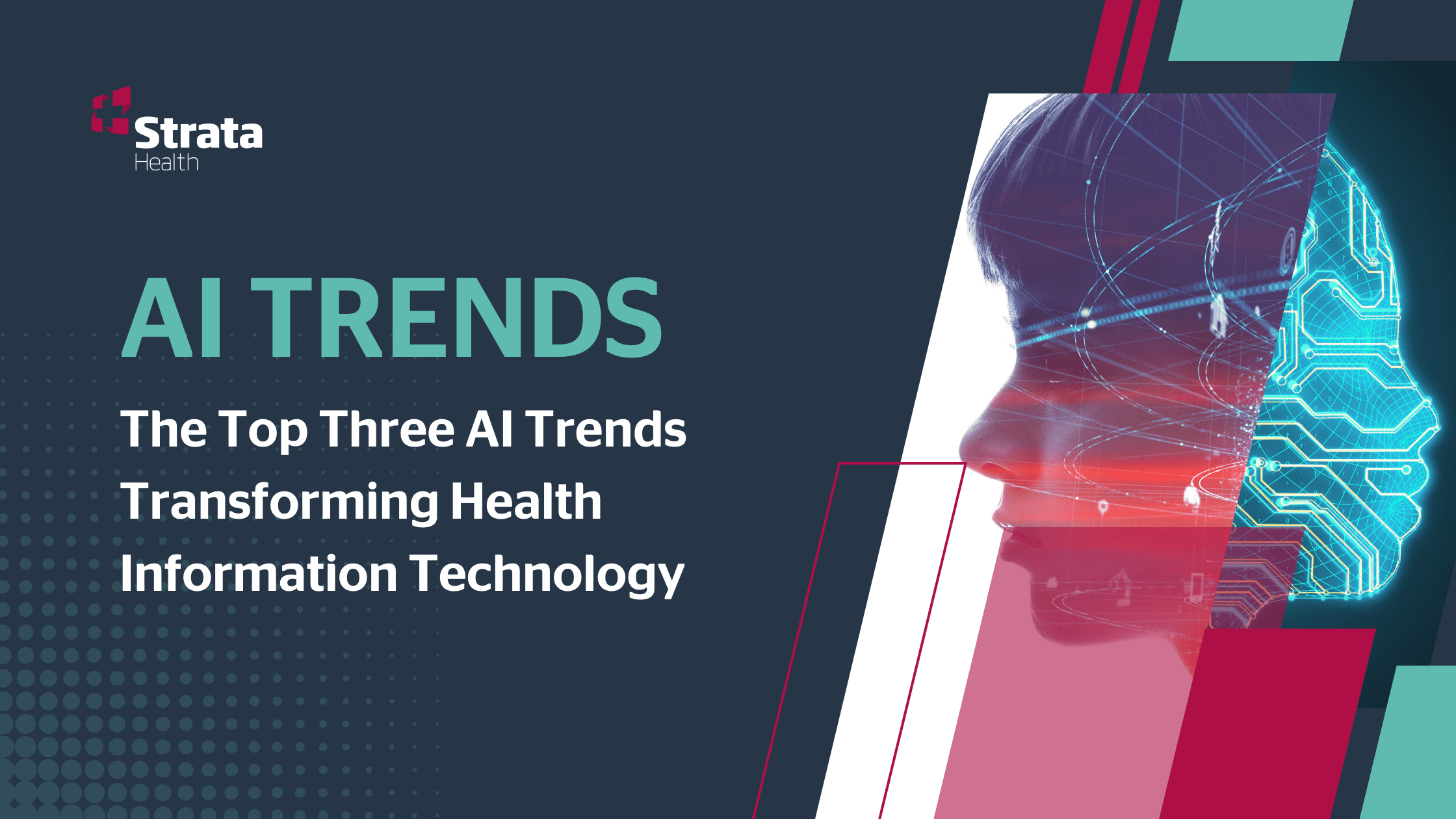
In the ever-evolving world of healthcare, technological advancements have become instrumental in improving patient care, enhancing operational efficiency, and reducing costs. One area that has witnessed remarkable progress is the integration of artificial intelligence (AI) in health information technology. This blog will explore the top three AI trends reshaping the healthcare landscape, focusing on their positive impact on care delivery, healthcare operations, and waste reduction.
Trend 1: Intelligent Clinical Decision Support Systems
Clinical decision support systems are designed to assist healthcare professionals in making informed and accurate decisions about patient care. With the integration of AI, these systems have become more intelligent and sophisticated than ever. Machine learning algorithms now enable systems to analyze vast amounts of data to provide evidence-based recommendations.
The benefits of intelligent clinical decision support systems are substantial. By leveraging AI, these systems can enhance clinical assessments, resulting in faster, more accurate diagnoses. They also aid in the creation of personalized treatment plans by considering a patient’s unique medical history, care needs, preferences, and more. This customized approach to care reduces the risk of errors and improves patient outcomes.
Trend 2: Predictive Analytics for Population Health Management
Population health management aims to improve the health outcomes of entire populations by analyzing and managing health-related data. AI-driven predictive analytics play a crucial role in this process. By harnessing big data and employing machine learning algorithms, healthcare providers can identify individuals at risk of developing certain conditions, predict disease outbreaks, and allocate resources more effectively.
The benefits of predictive analytics are transformative. By identifying high-risk individuals, health regions can prioritize scarce resources and intervene proactively, providing timely, appropriate care and reducing the incidence of costly and debilitating conditions. These AI-powered strategies lead to optimized healthcare delivery, improved patient outcomes, and reduced healthcare costs.
Trend 3: Robotic Process Automation (RPA) in Healthcare Administration
Healthcare administration involves numerous complex and time-consuming tasks that can be streamlined with the help of AI. Robotic Process Automation (RPA) is an emerging trend in healthcare administration that leverages AI technologies to automate repetitive and rule-based processes. RPA systems can perform data extraction, verification, and entry tasks, freeing up valuable time for healthcare professionals.
The benefits of RPA in healthcare administration are vast. By automating administrative tasks, RPA systems improve operational efficiency and reduce errors, allowing healthcare providers to focus on patient care while delivering better outcomes. Additionally, RPA significantly reduces manual labour, resulting in cost savings and optimizing resource utilization.
Experience the Power of AI in Healthcare with Strata Health
The integration of AI in Strata Health’s Transitions of Care Software Solutions has delivered significant benefits for our customers, positively impacting care delivery, operational efficiency, and cost reduction. As healthcare organizations continue to embrace these AI trends, we look forward to more efficient and cost-effective systems. The future of healthcare is here, and AI is at the forefront of this transformative journey. Don’t get left behind. Partner with Strata Health today to unlock the full potential of AI. Contact us now to learn more.